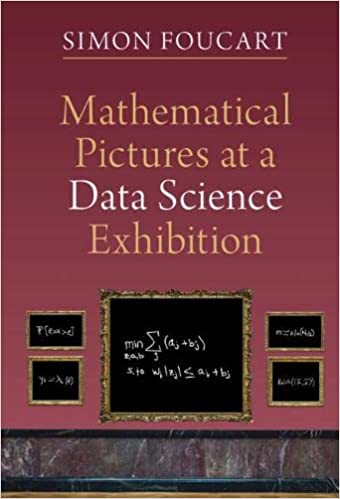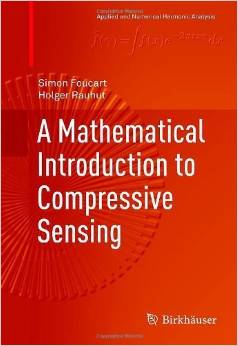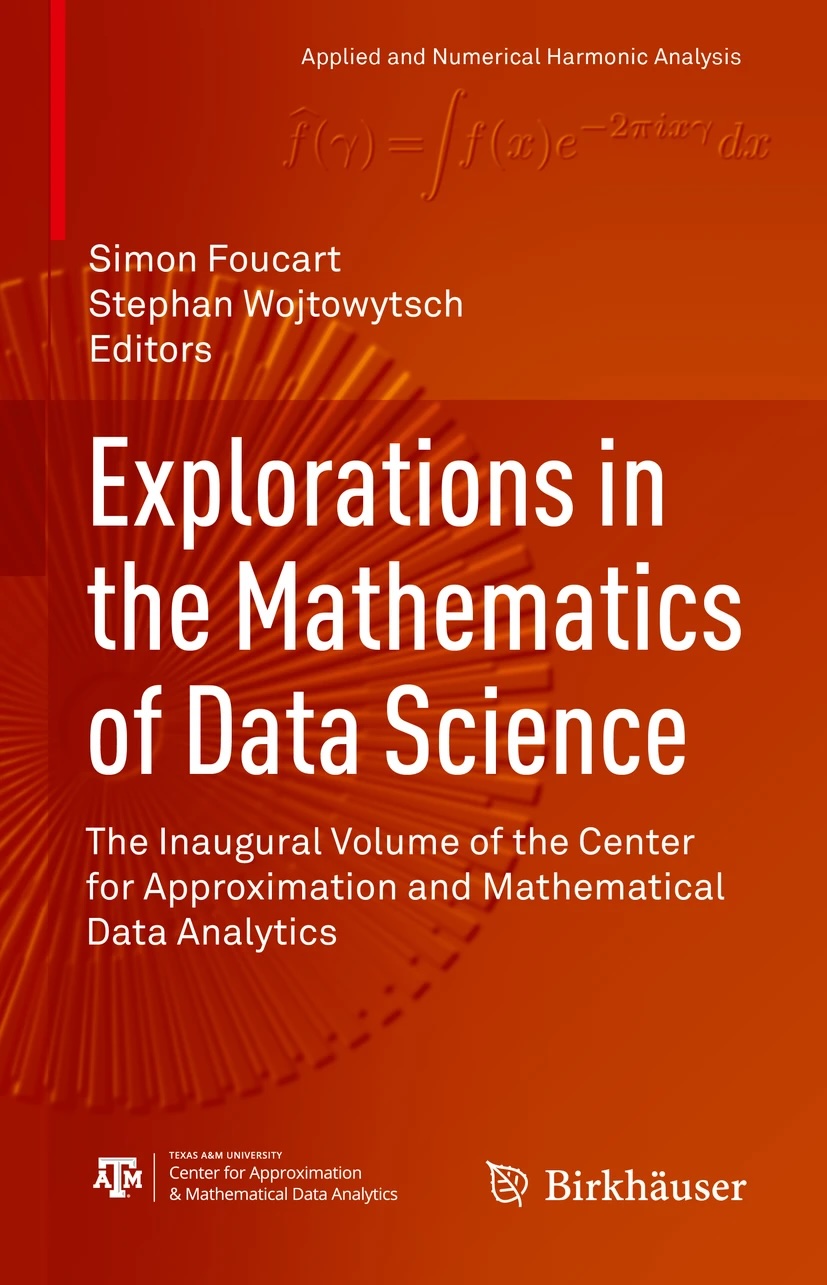Simon Foucart
 |
Presidential Impact FellowTexas A&M UniversityProfessorDepartment of MathematicsAssociate DirectorInstitute of Data Science |
|---|
Current Research Activity:
Mathematical Data Science (including Compressive Sensing)
with a strong Approximation Theory influence


